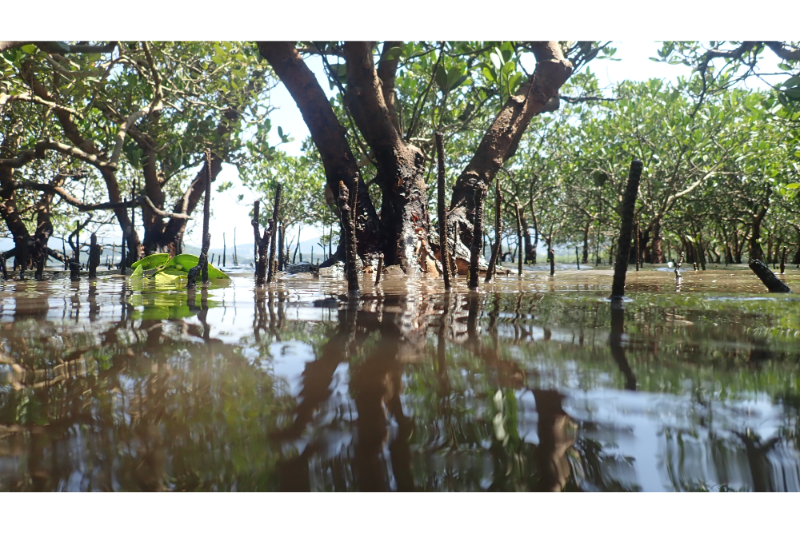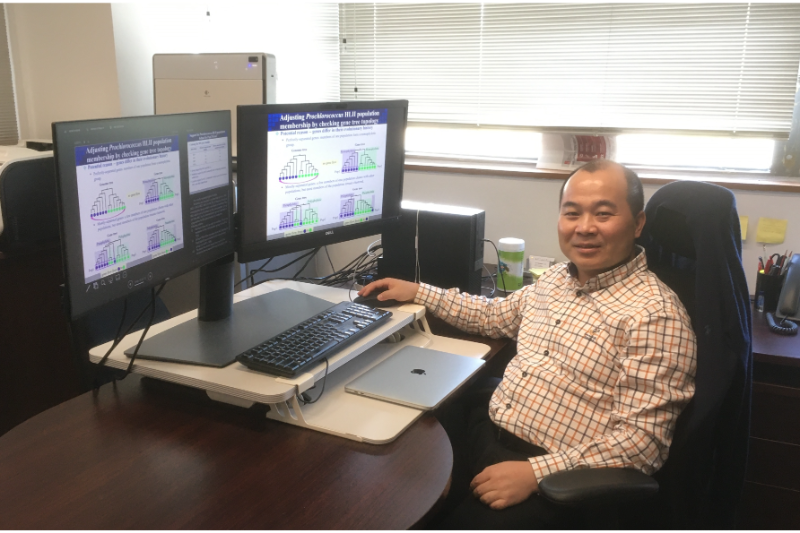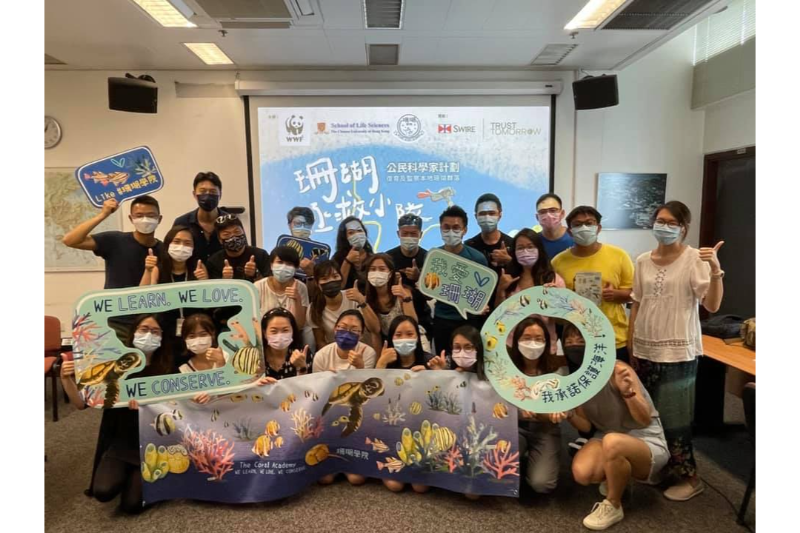SDG 14| Life Below Water
Conserve and sustainably use the oceans, seas and marine resources for sustainable development
Oceans, rivers and marine resources are crucial components of the ecosystem. CUHK strives to protect aquatic ecosystems by establishing policies to balance the use of ocean resources with the demands of conservation. We also try to promote the importance of marine conservation by providing educational programmes to secondary school students and the general public.
Curriculum
6 related courses were offered in the 2021–22 academic year.
Policies
In the light of concern over declining shark populations worldwide, the University introduced a No Shark’s Fin Policy in 2012 to end the consumption of shark’s fin. Under the University’s Sustainable Procurement Guidelines, no CUHK purchases may involve shark’s fins, bluefin tuna, humphead wrasse, Hong Kong grouper and sturgeon caviar. These items may not be consumed in meals served in restaurants on campus, or at any activities either organized or paid for by the University.
Research
Mangrove forests were once dominant in the tropics but have recently been disappearing at alarming rates worldwide. A study collaborated by Professor Joe Lee from CUHK and Dr Stefano Cannicci from the University of Hong Kong found that mangroves have the lowest functional redundancy of any of the ecosystems so far studied, making the future of coastal vegetation ecosystems more than usually precarious in the face of anthropogenic change. The study argued that a high functional redundancy acted as a kind of ‘ecological insurance’ for a given forest, since if one species is lost, another can fulfil its function, ultimately maintaining the ecosystem’s viability. The study’s findings were published in the journal The Proceedings of the National Academy of Sciences.

Biological evolution theories posit that Prochlorococcus, a tiny marine bacterium, has an unusually large population size, and that its evolution has been extremely efficiently driven by natural selection. However, a collaborative team led by Professor Haiwei Luo from the School of Life Sciences rejects this theory, and has discovered that genetic drift is a key force in Prochlorococcus evolution. Their study implies that the work efficiency of biogeochemical cycles mediated by Prochlorococcus may not be as efficient as expected, which has implications for climate regulation. The study’s findings were published in the prominent journal Nature Ecology & Evolution.

Promoting marine conservation to young people
To promote marine conservation, Dr Apple Chui from the School of Life Sciences set up the Coral Academy to conduct outreach activities and academic research works. In 2021, an array of educational activities such as ‘Citizens Scientist Programme: Coral rescuer’, ‘Secondary School Coral Nursery Programme’ and an eco-tour in Tung Ping Chau Marine Park were held to educate young people about the importance of coral conservation. The academy’s research focuses on the biology, ecology and restoration of coral ecosystems in Hong Kong.

PREVIOUS
Climate Action
SDG 13
NEXT
Life on Land
SDG 15
